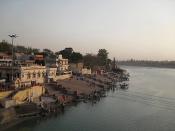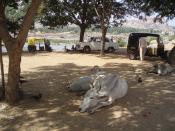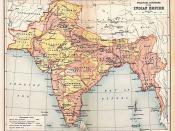The capacity of our foreign policy to cope with these broad trends in the international situation is inextricably linked with our current politico-economic and social predicament. The positive ingredients of this predicament during the little more than 50 years of our existence as an independent country are that we remain committed to carrying on the processes of national consolidation and governance through democratic means. We have ensured food security for our unmanageably vast population, maintained our political cohesion and unity and (barring the loss of territory at the end of the 1962 Sino-Indian war) sustained our territorial unity and integrity. We are endowed with natural resources and technologically qualified manpower and have had a general consensus in regard to perception of our national interests and our foreign policy orientation.
Despite the shortcomings in our foreign policy, we have sustained a practical working relationship with most of our neighbours and with the majority of the countries of the world.
Even where there are abiding adversarial relations with one or two of our neighbours, we have managed to prevent them from degenerating into military confrontation at least over the last two and a half decades of this century.
On the negative side, the quality of politics in India has declined in many vital respects. Efforts at national consolidation and reconstruction have made very slow progress notably in the fields of education, public health and infrastructural economic capacities, controlling the rising curve of ethno-linguistic and religious fissiparous and secessionist tendencies and the unmanageable increase in our population. (The most optimistic estimate is that by the year 2050, India's population will stabilise at around 1.5 billion).
Our relations with most of our neighbours remain subject to undercurrents of tensions, related to specific issues or the perceptions about us in our neighbourhood regarding our hegemonic...


